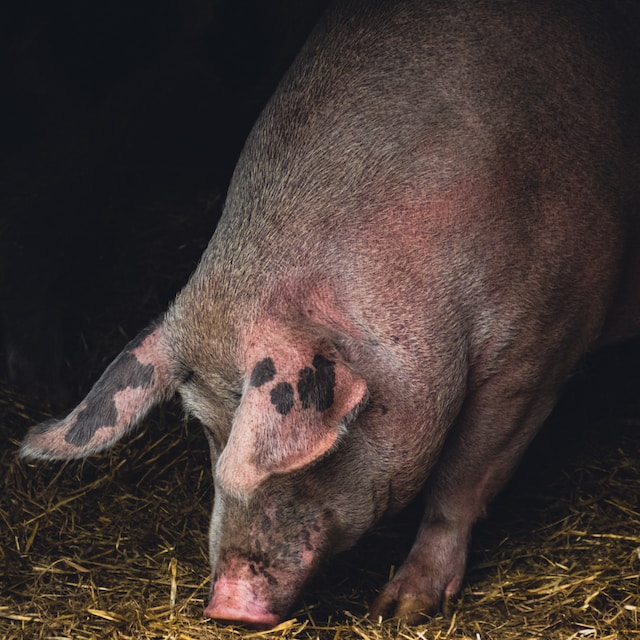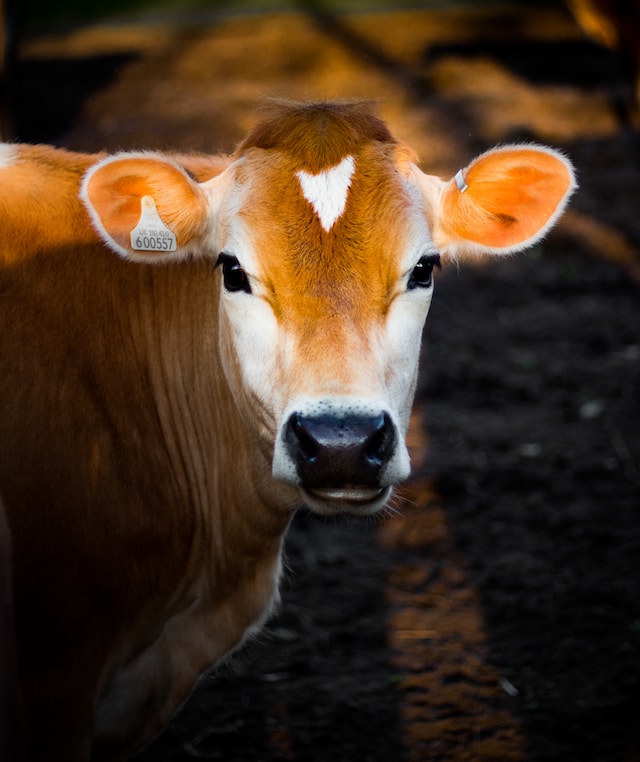Every year, around 125 million pigs are raised in the US for meat. According to the Animal Welfare Institute, most of them are raised in barren and industrialized conditions, and many pregnant females are confined to cramped metal gestation crates. But it’s not just pigs who are raised in confinement. Chickens, cows, sheep, and turkeys are among the farm animals subjected to factory farm conditions every day.
But in California, things are improving. In 2018, a law was passed for the first time that would help to establish minimum space requirements for animals including egg-laying hens, mother pigs, and veal calves. But the law, which is called Proposition 12 and is now in complete effect across California, is going to change many animals’ lives far beyond state lines. Here’s how Proposition 12 (or Prop 12 for short) could alter the global food industry for good.
Table of Contents
What is Prop 12 and when does it take effect?
In 2018, Prop 12 was approved by more than 62 percent of voters in California. The law has banned the sale of eggs and veal from animals in extreme confinement since 2022, but pork producers were given until the end of December 2023 to sell non-compliant products. Now that we’re firmly in 2024, no pork products produced from pigs in extreme confinement can be sold in California.
It hasn’t been an easy ride to get to this point. The pork industry filed multiple federal lawsuits in a bid to prevent Prop 12 from changing its practices, and the case made its way to the US Supreme Court in 2023. But luckily for the animals, the court voted to uphold the law. It is now completely in effect across California.
Other states are introducing their own animal welfare regulations, too. After the Supreme Court ruling, the wheels are now turning on Massachusetts Question 3, for example, which also imposes housing requirements for animals.
 Unsplash
Unsplash
How will Prop 12 change the food system?
It’s important to note that Prop 12 is not going to save animal lives. Around the world, billions of animals are slaughtered for the food system, and that fact will remain unchanged. But the law will significantly reduce suffering, particularly for mother pigs who are placed into cages no bigger than seven-feet-by-two-feet for 16 weeks at a time.
“We are thrilled that Proposition 12, the nation’s strongest farm animal protection law, is finally fully implemented. No animal deserves to spend her life in a cage where she’s virtually immobilized,” said Kitty Block, president and CEO of the Humane Society of the United States, in a statement at the end of December.
California is a huge market. Its economy is the biggest in all of the US, valued at around $3.8 trillion in 2023. Meat producers from all over the world want a piece of the pie, but to sell in California, they, too, will now have to comply with Prop 12’s animal welfare restrictions.
Canadian pork company DuBreton announced it was Prop 12-certified in November. In the UK, the Red Tractor Certification scheme, which already assesses farms to ensure they meet certain animal welfare requirements, will also give farmers the option for Prop 12 checks.
 Unsplash
Unsplash
Why the food system needs to move away from animals completely
Prop 12 will make a big difference in terms of animal welfare for some farm animals, but when it comes to the planet, a food system that’s still rooted in animal agriculture is only going to keep fuelling the climate crisis.
According to the United Nations, the livestock sector is responsible for 14.5 percent of all global emissions. To put that in perspective, the thousands of flights that take off every day are responsible for 2 percent of global emissions.
It also drives deforestation and habitat destruction. Research suggests that the beef industry is the single biggest cause of deforestation around the world.
This has led multiple experts to call for a move away from animal agriculture. In 2022, one study from the University of Bonn concluded that Western countries, in particular, must cut their meat consumption by 75 percent for the sake of the planet.
“If all humans consumed as much meat as Europeans or North Americans, we would certainly miss the international climate targets and many ecosystems would collapse,” said Matin Qaim, the study’s lead author.
And of course, as mentioned above, Prop 12 doesn’t do anything to save animal lives. It’s not surprising that many animal activists see it as simply not enough.
“The Supreme Court’s ruling to uphold California’s Proposition 12 does nothing to end the extreme cruelty inherent in today’s factory-farming and slaughter industries,” reads one PETA article.
“We’re at a pivotal moment in pushing for animal protection and animal rights,” it later adds. “More than ever, PETA and our supporters must advocate for a world in which animals are never confined on factory farms or butchered in slaughterhouses in the first place.”







